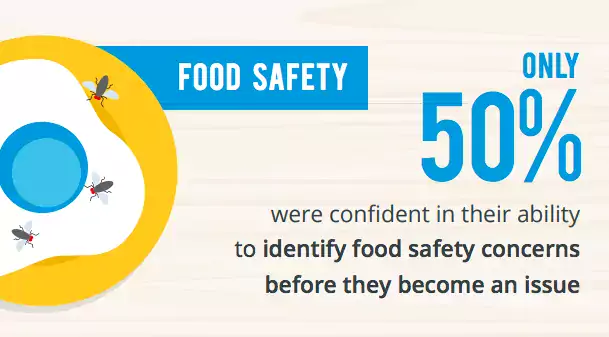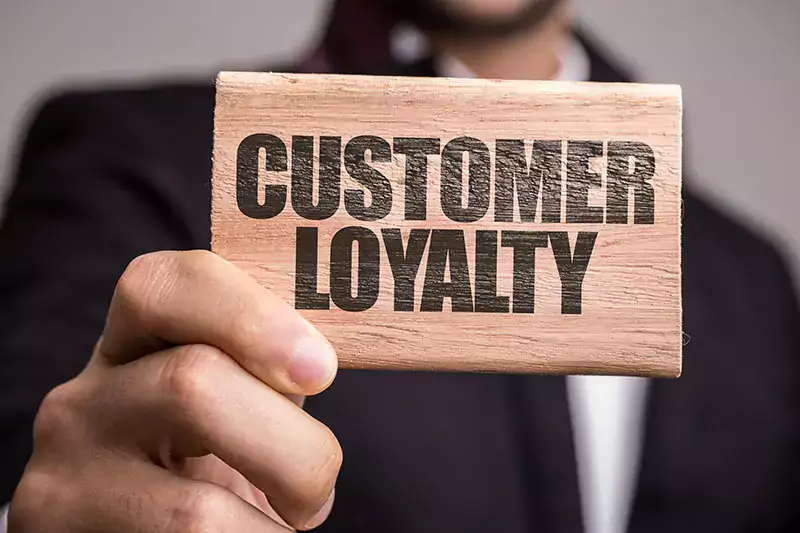The relationship between a franchisor and a franchisee is much like any other human relationship. You want to strive for a healthy, co-dependency built on open communication and mutual respect. You don’t want it to be needy, possessive, or insecure as a result of poor communication. That kind of operational environment can make one of the parties want to either lock the door behind them or leave the key on the table.
Franchising is a two-way street and both parties can have a different perspective and interpretation of events. With this in mind, we’ve pinpointed 3 common problems that often indicate a franchisee is being set up to fail:
- Poor communication and understanding of expectations. Saying and doing are two very different things. For example, are your brand’s best practices actually being fulfilled in your stores or are they just pages in an Excel spreadsheet or binder tucked away in the back office? The successful franchisor leads by example, like by organizing key operational responsibilities into actionable tasks. When paper checklists are transformed into a checklist on a mobile device, you suddenly have capabilities that you never had before - like viewing aggregated data in real time, tracking actionable items like tasks and projects, and more.
Pro-Tip: A corporate-owned store can provide a great baseline for operations and help franchisors determine how to communicate expectations to franchisees. Both parties should embark on a path to better operations together, so be flexible where possible. For example, standards for cleanliness can’t be compromised, but perhaps you can negotiate on the execution of category promotions.
- Not responding to franchisee’s real needs in real-time and/or franchisees not reporting issues in real-time. In 24-hour retail environments, equipment can break, staffing shortages can present a real problem, and brand loyalty can suffer. Customers remember the broken coffee machine, the dirty floor or restroom, and long lines at the register. Do you take any proactive or preventative measures leading up to the problem, and what do you do when there’s a real situation in a store?
- There’s no follow up at the store level. It all comes down to accountability. For example, the marketing materials or product didn’t arrive to the store in time, and a rush shipment went out. The franchisee receives the materials and the issue seems to have been resolved. However, what senior management should do at this point is allow the franchisee to set up the promotion and confirm they did so with a photo. In fact, all franchisees with the same promotion should be doing this to ensure proper execution.
Subscribe to our blog
You are now subscribed!


